This year, the theme of International Women’s Day is #BalanceforBetter, which highlights the importance of achieving greater gender equality through challenging bias and celebrating women’s achievements.

This theme is also something Canadians believe in.
According to a new study by Ipsos, two-thirds of Canadians believe that equality between genders is important and think that equalizing pay is the key to achieving that equality. On top of equal pay, Canadians say sexual harassment and sexual violence are top issues for women that need to be addressed.
READ MORE: Women in Canadian tech jobs earn $20K less than men, study says
Despite this, only 36 per cent of Canadians consider themselves a feminist. (As a reminder, feminism is defined as the advocacy of women’s rights on the basis of the equality of the sexes.)
So where do women think we need to go from here? We asked 10 females across the country to share some of their biggest goals and fears as well as the barriers they continue to face in the workplace.
Solmaz Shahalizadeh
Courtesy of Solmaz Shahalizadeh
Who is she? VP of data science and engineering at Shopify, based in Ottawa, Ont.
What does it mean to be a woman in 2019? “Women in 2019 design their own destiny. The boundaries or stereotypical ceilings that historically kept women from achieving their full potential shouldn’t and can’t be applied anymore. We need to remind the younger generation of women to become who they want to be.”
What still continues to be a barrier working in STEM (science, technology, engineering and mathematics)? “Women of all ages should know that engineering and data science careers are available to them. It’s no secret that there is a lack of representation of women across STEM fields. This lack of equal representation creates a barrier for mentorship, which I found was crucial to my development. I’ve had so many amazing women and men open — and sometimes push me through — doors to help me achieve more than I ever thought was possible.
READ MORE: Gender gap shows a ‘double-pane’ glass ceiling for salary for female CEOs
Besides expanding the perspective and breadth of experience among leadership teams today, it’s also important to have this visibility at a higher level. With this visibility, younger girls can envision themselves in these types of positions, feel less intimidated by the idea of entering fields like computer science and also learn from role models they can easily identify with.”
Andrea Bang
Who is she? Actor, star of CBC show Kim’s Convenience, based in Toronto, Ont.
What does it mean to be a woman in 2019? “It means knowing our rights and fighting for them. In other words, to be empowered. At one point in time, being a woman was considered a real negative, and remnants of those ideals continue to linger. But today, it means being aware of that intolerance and feeling safe to confront it.”
What are some barriers you’d like to see change in society? “The biggest barrier, to me, are the people making decisions. I would like to see more balance there, not only in gender but race, sexuality and abilities, too.”
Anna Brabant-Urquiza
Who is she? An 18-year-old high school student and Indigenous woman from Saskatoon, Sask.
What does it mean to be a woman in 2019? “I believe what it means to be a woman in 2019 is someone who strives to speak their mind and raise awareness about issues that concern and/or affect them. One of my biggest fears would probably be not being taken seriously or seen as capable of doing something solely because I am a woman. Especially being an Indigenous woman, I feel that often people already have predetermined notions about who an individual is and what they are capable of based on their race and gender.”
WATCH BELOW: Meet Canada’s first black female stunt coordinator
What are some of your goals in 2019? “Some of my goals for 2019 are to maintain an average of 80 per cent in my classes, pick interesting classes for next semester, apply for scholarships, volunteer at hospitals, schools and in my community, as well as balance my schooling, work and volunteer commitments more efficiently.”

Get daily National news
Jane Hodgson
Who is she? A runner who has completed 112 marathons, based in Toronto, Ont.
What do you wish would change? “I do regret that loss of tradition where elders were venerated and able to mentor. I feel I have been to the future and back and have so much wisdom to share from my own experiences, but alas, none of this bears any weight because it cannot be found on Google.”
WATCH: Top female chef shares what it’s like being a woman in a male-dominated industry

Hoodo Hersi
Who is she? A comedian, based in Toronto, Ont.
What are some of your biggest fears of being a woman in 2019? “Honestly, I’m too busy being black and Muslim. But looking over at what’s happening in the States, it would definitely be reproductive rights.”
What are some barriers for you working in comedy? “The biggest for me is that women, especially women of colour, are often silenced in the workplace. When dealing with racism, we’re asked to ‘prove it,’ which is insane because unless you were wearing a body cam all day long, you can’t ‘prove’ microaggressions. I did a corporate gig once that had workshops on white privilege, and even though they said it was tense at times, they recognized that it was absolutely necessary. More employers should start doing that.”
Amy Stoodley
Who is she? Public relations professional and mother, based in Halifax, N.S.
What does it mean to be a woman in 2019? “To me, being a woman in 2019 means having the authority to be myself and having a voice at the table without having to scream. I have never felt stronger or more confident than I do right now. Part of that comes with age and experience, I suppose. Part of it comes from learning the art of not giving a f**k. And part of it comes from the societal changes that we have experienced in the last few years. Although, I’m reluctant to place a lot of weight on the latter, as there are still insurmountable injustices experienced by the women around me every day.”
Tell us more about your experience being a mom. “In 2015, I experienced a tremendous life change. I became a mom. From the moment I locked eyes with this intense, reflective little soul, I felt a strength I had never felt before. I was filled with love for this brand-new life, but also I felt filled with love for myself. I felt powerful. That feeling has stayed with me. I owe it to my child to love and respect myself. I owe it to my child to teach him self-respect and how to respect others. And I owe it to my child to empower him to challenge gender biases.”
Manjit Minhas
Who is she? Co-founder and CEO of Minhas Breweries, Distilleries & Wineries and Dragon’s Den judge, based in Calgary, Alta.
What continues to be a barrier in your field? “Only 16 per cent of Canadian small- and medium-sized enterprises are majority-owned by women, and this percentage is even lower among women who own high-growth or exporting firms. Creating supports and services that break down barriers and provide women with greater access to capital, networks and information will help increase these numbers, and that’s what we need to start doing more. We also need to engage men in the conversation.”
Tranna Wintour
Courtesy of Tranna Wintour
Who is she? A trans standup comedian, based in Montreal, Que.
What does it mean to be a woman in 2019? “I think being a woman in 2019 means having to be a warrior, having to be a person who fights and doesn’t back down. I think these statements apply to trans women and cisgendered women alike.”
READ MORE: COMMENTARY — Having more women in government makes countries healthier, researchers say
What excites you to be a woman? “Sisterhood. Banding together to dismantle the patriarchy in the name of justice for all.”
What are some of your biggest fears? “My biggest fear is that there is a significant part of the population that is insanely misogynist; that there are misogynist men — and women, for that matter — in major positions of power who are trying to turn back the clock on women’s rights, especially reproductive rights. Nothing scares me more than the idea of a man making decisions for women and our health.”
Dawn Oman
Who is she? Self-taught First Nations artist, based in Bridgetown, N.S.
What does it mean to be a woman in 2019? “I have been thinking about what it means to be a woman in 2019 from the point of view of the freedom I have in being my creative self. I have absolutely no restraints to hinder my creativity in any way, no day job to get to, no children to take care of, no elderly parents or any family, for that matter, who I would have to attend to. I have complete freedom to do whatever I feel like. I can celebrate my work or just throw it in the garbage… it is so amazing and empowering to be able to have such freedom to express oneself in this day and age.”
Karina Hayat
Who is she? The co-founder of Prizm Media, based in Vancouver, B.C.
What does it mean to be a woman in 2019? “To be a woman in 2019 is to be a conduit for change, equality and growth. A female who can identify the strength in other women and, in turn, empower them to take a seat at the table, to value their contributions and see their aspirations equally as important as their male counterparts.”
What are some of your biggest goals for this year? “The first goal is to take more care of myself and ensure that I’m modelling that behaviour daily so the women around me, including my young daughters, understand that it is an important aspect to being a happy woman. The second goal is to build up the SHe Accelerates initiative, which, in essence, is a hands-on lab for technology-curious females and male allies to connect and learn how technology can be a conduit for building bridges and expressing ideas.”
What are some of the barriers you currently see in your line of work? “I’m fortunate to be able to greatly influence diversity and gender equality in the company I co-founded, where 40 per cent of the workforce is female, and men and women are paid based on the work they do and not based on their gender. I see too few women involved at the leadership level and in technology. I’d like to see more men becoming aware of their unconscious biases and how it stops them from investing in a woman for fear of losing them to maternity leave.”
Interviews have been edited for clarity.
—Illustrations by Laura Whelan




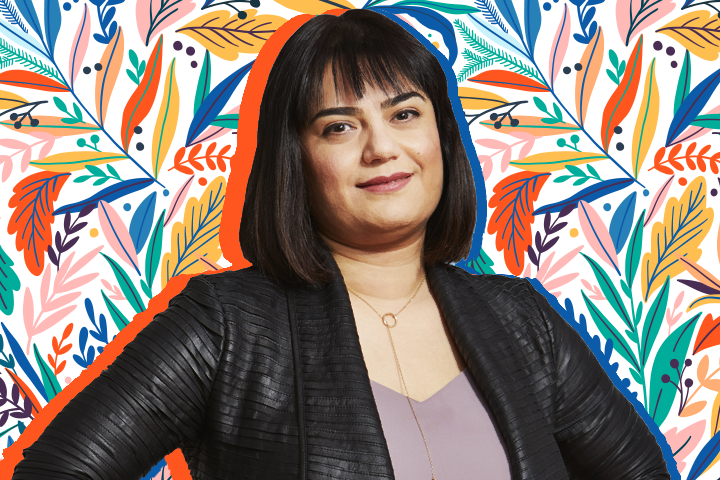




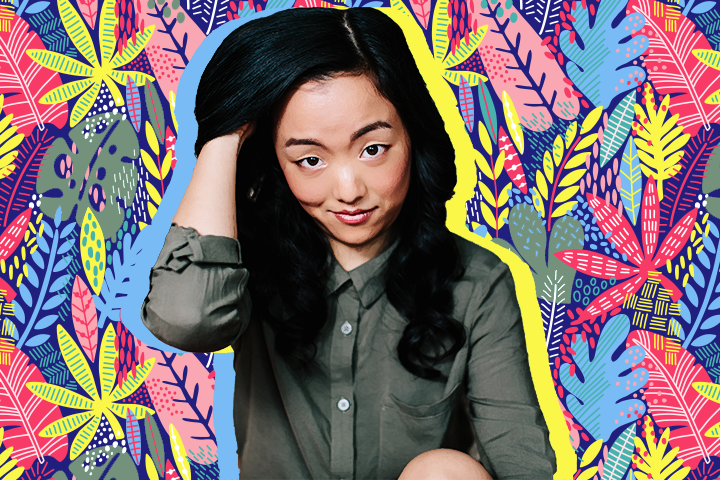
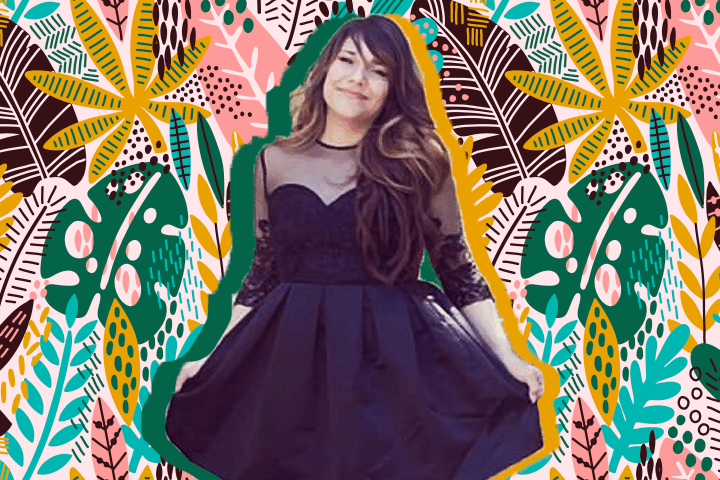
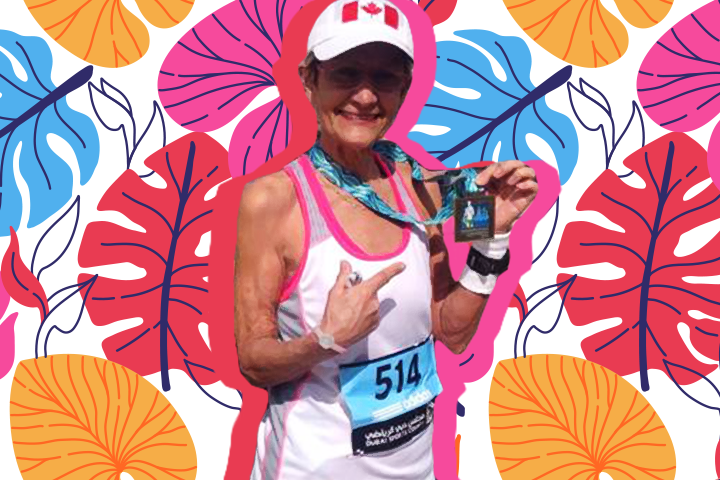

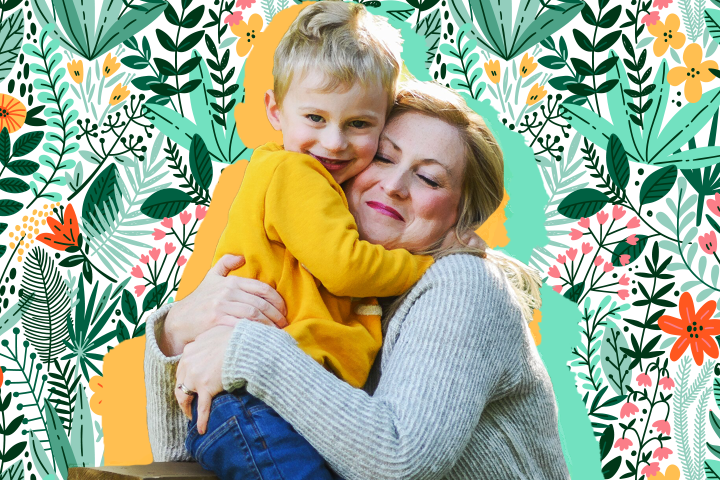


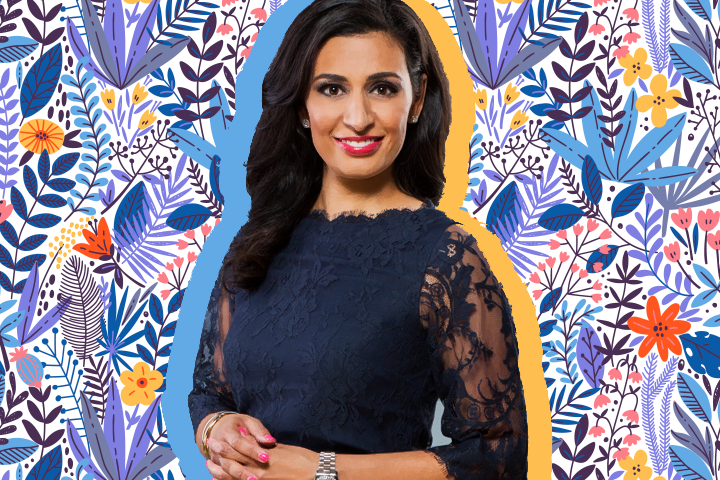
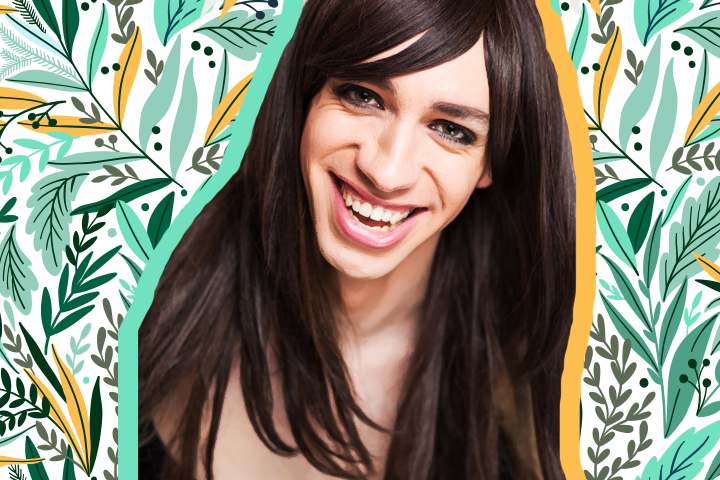
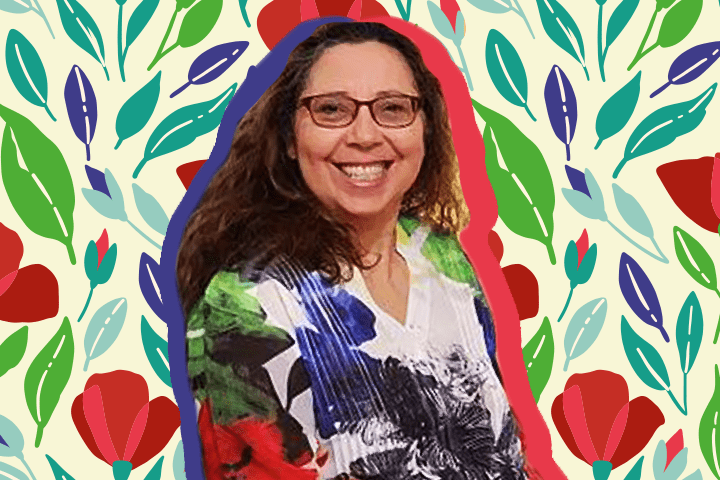
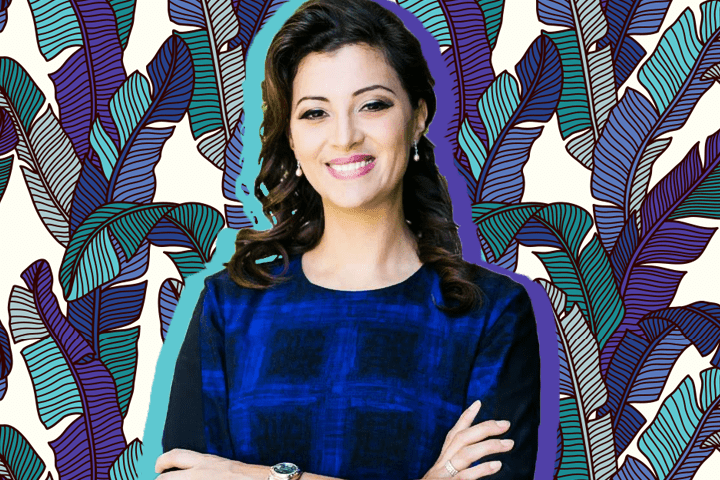


Comments
Want to discuss? Please read our Commenting Policy first.